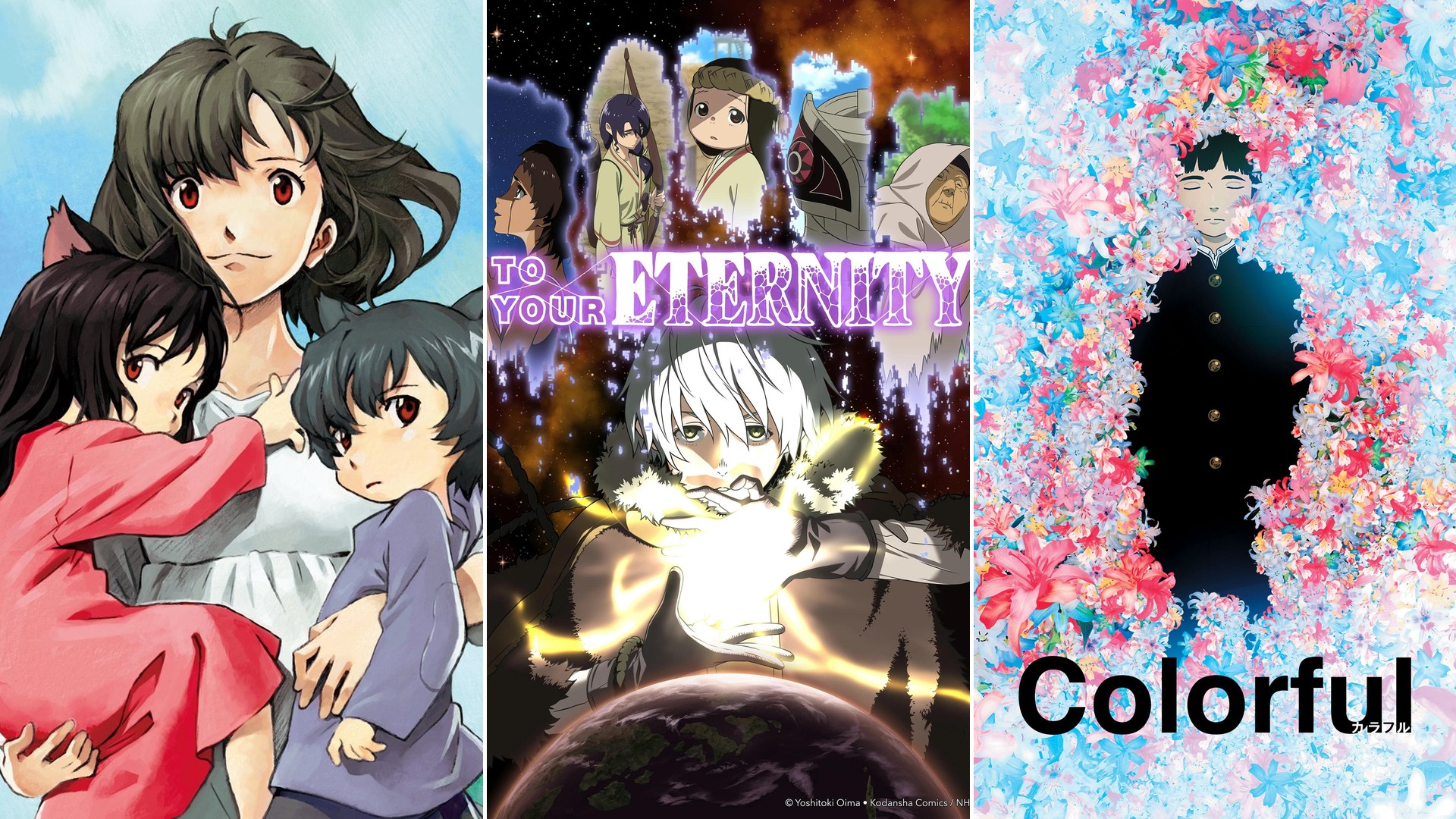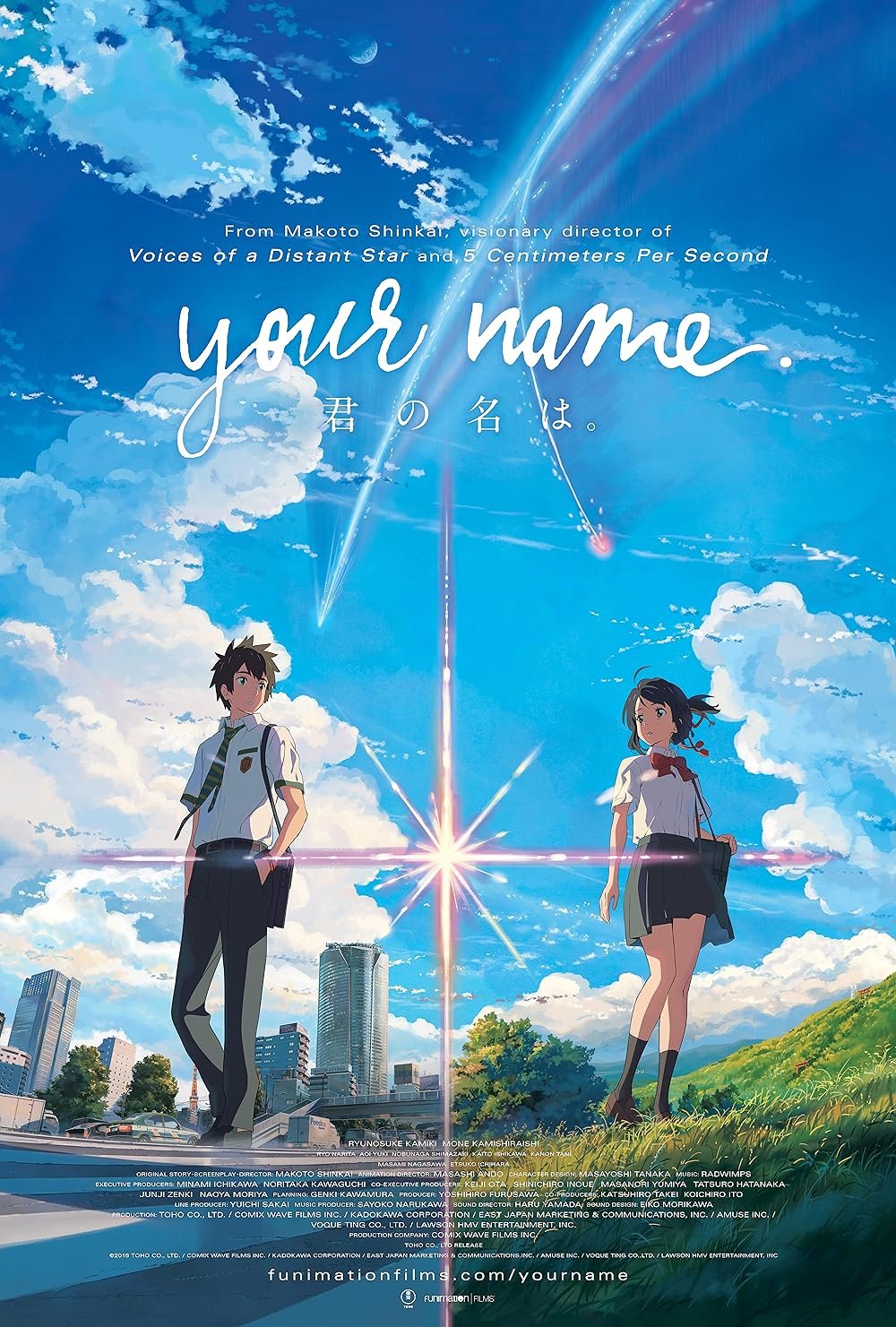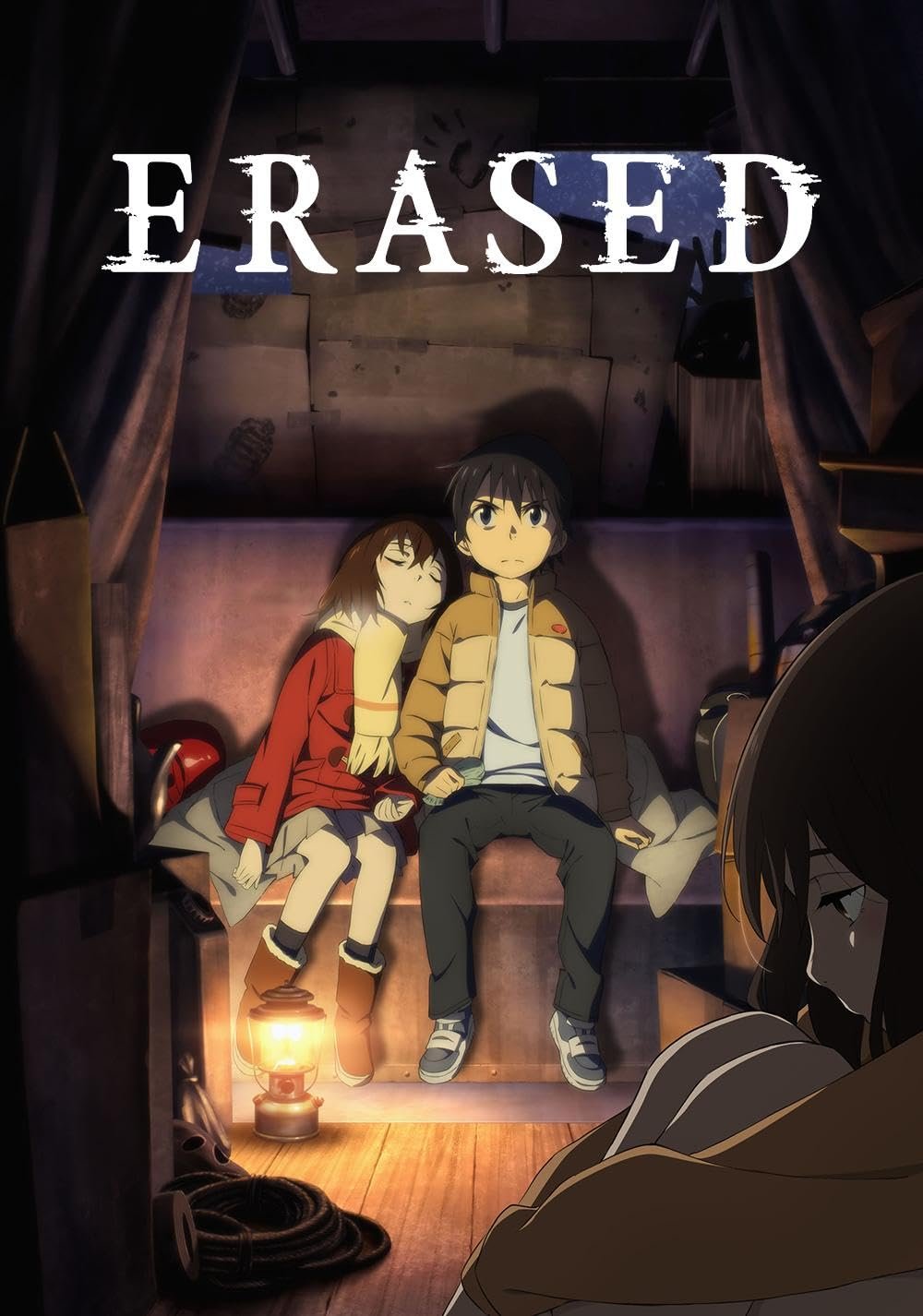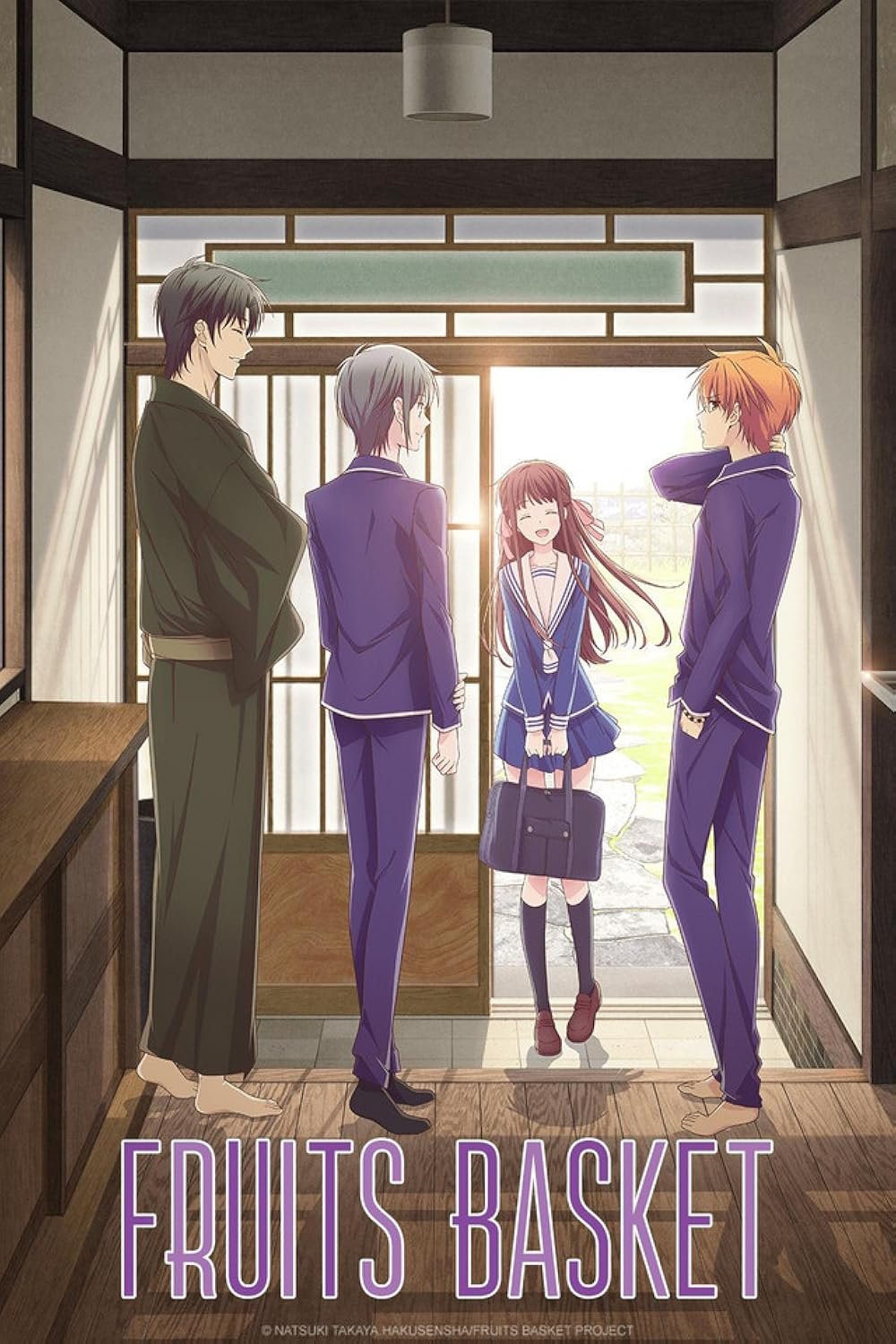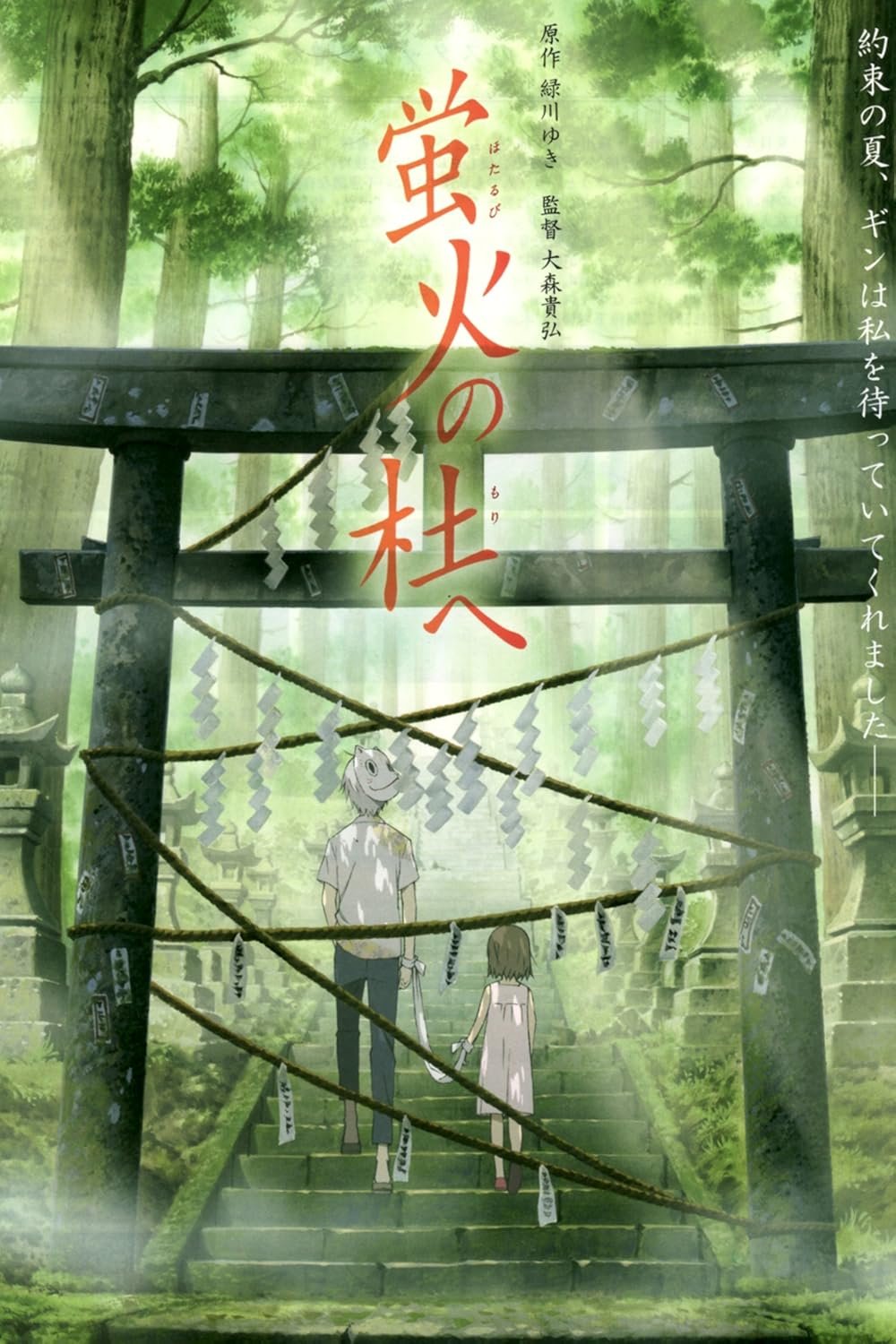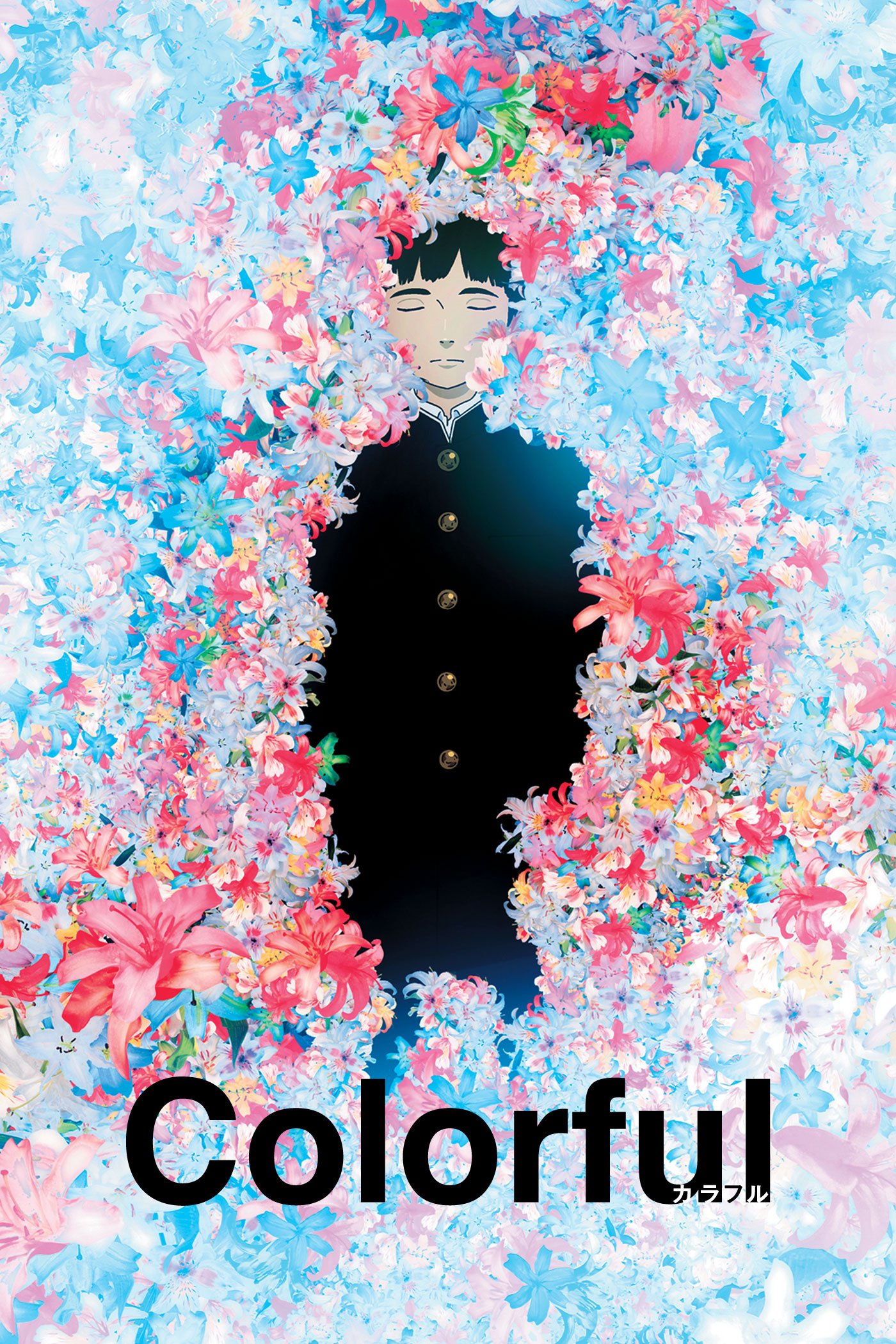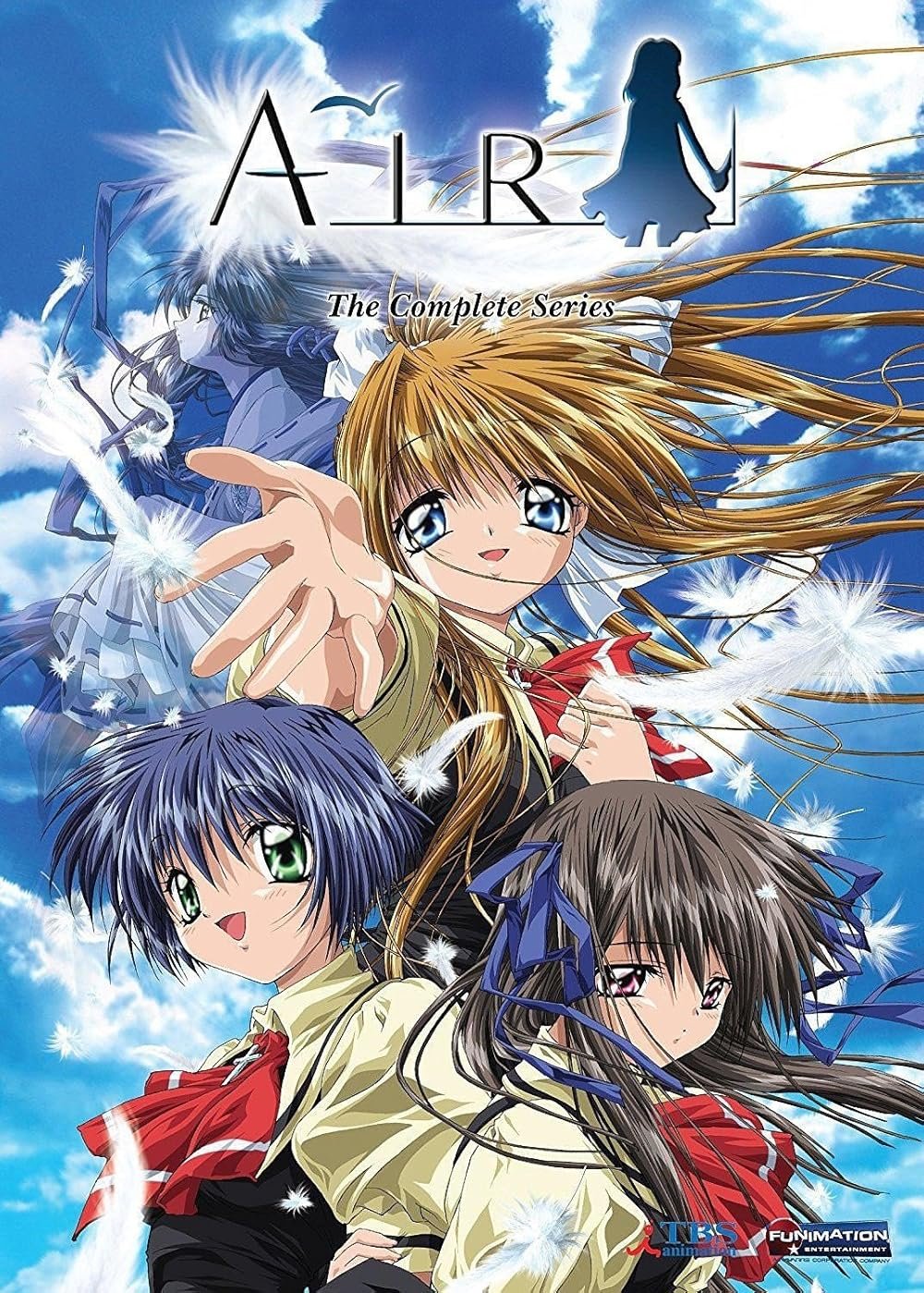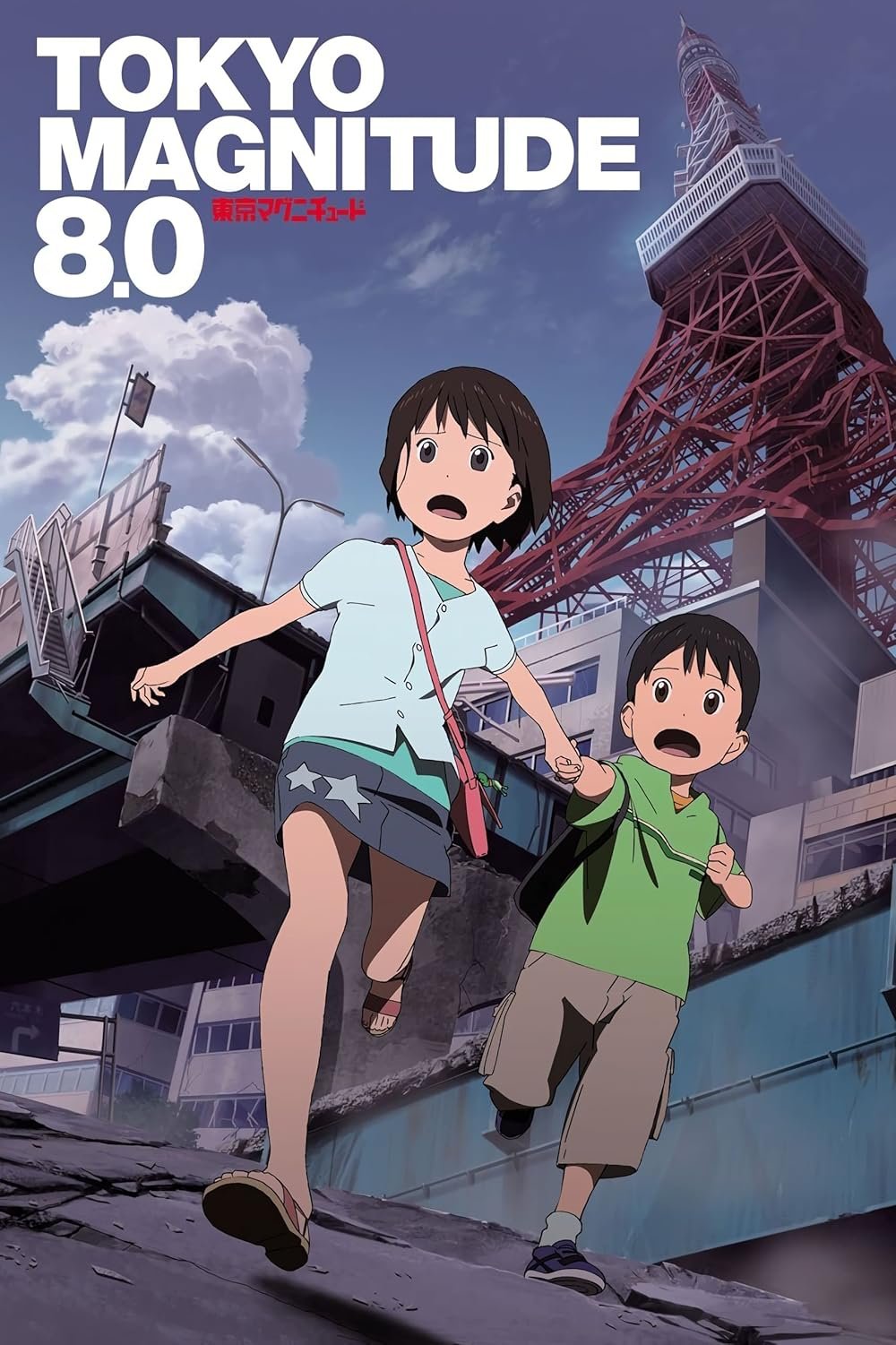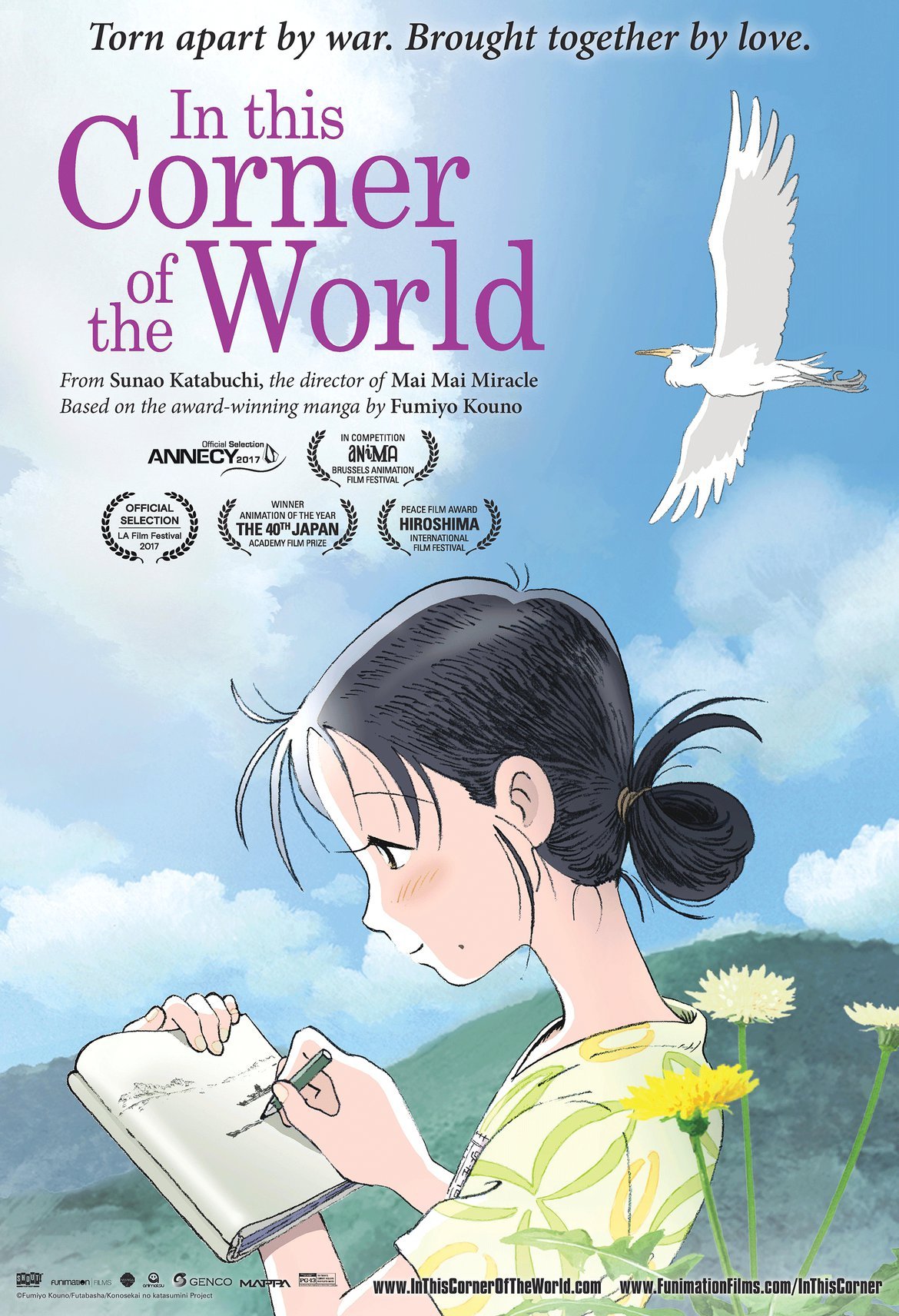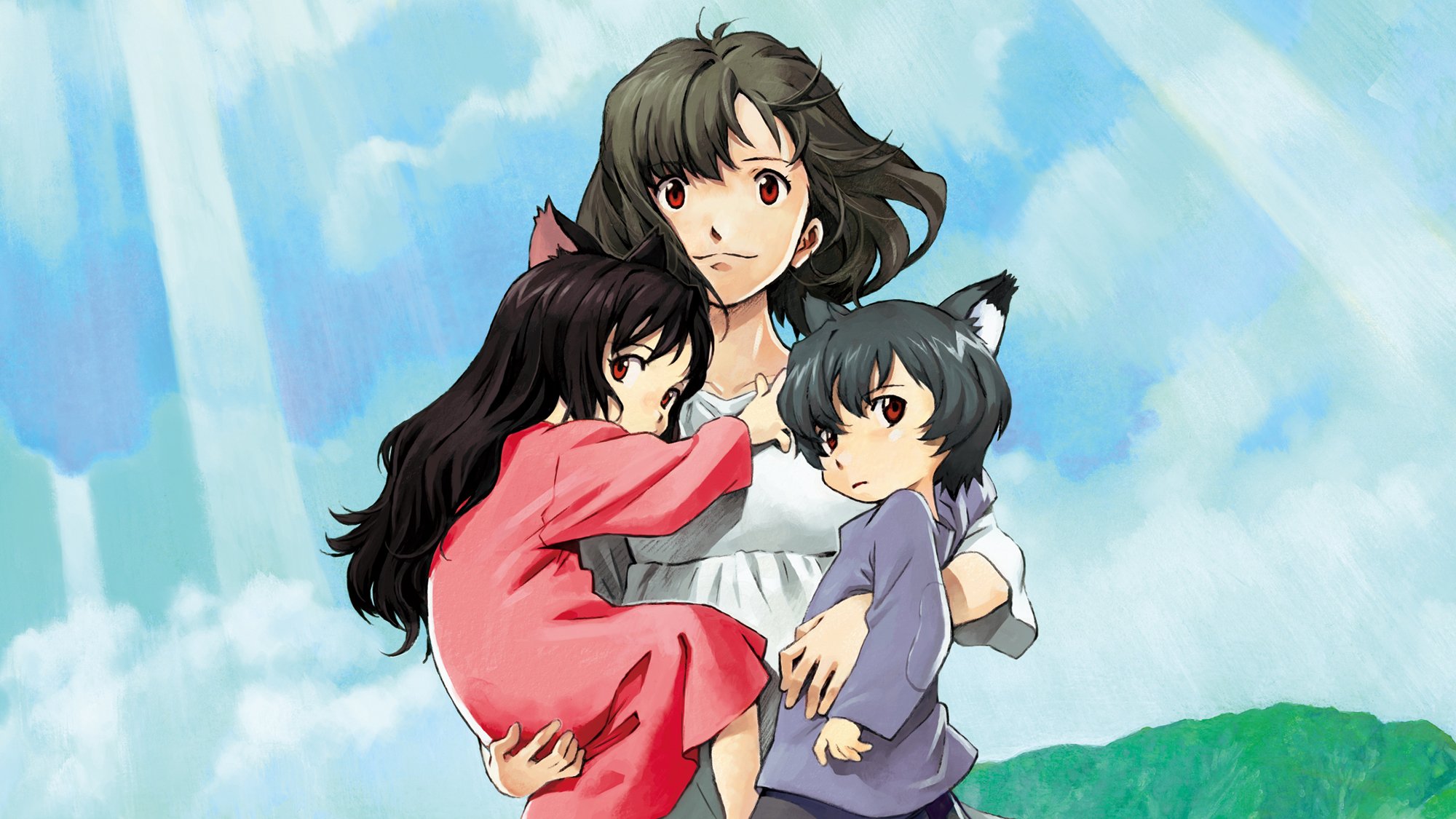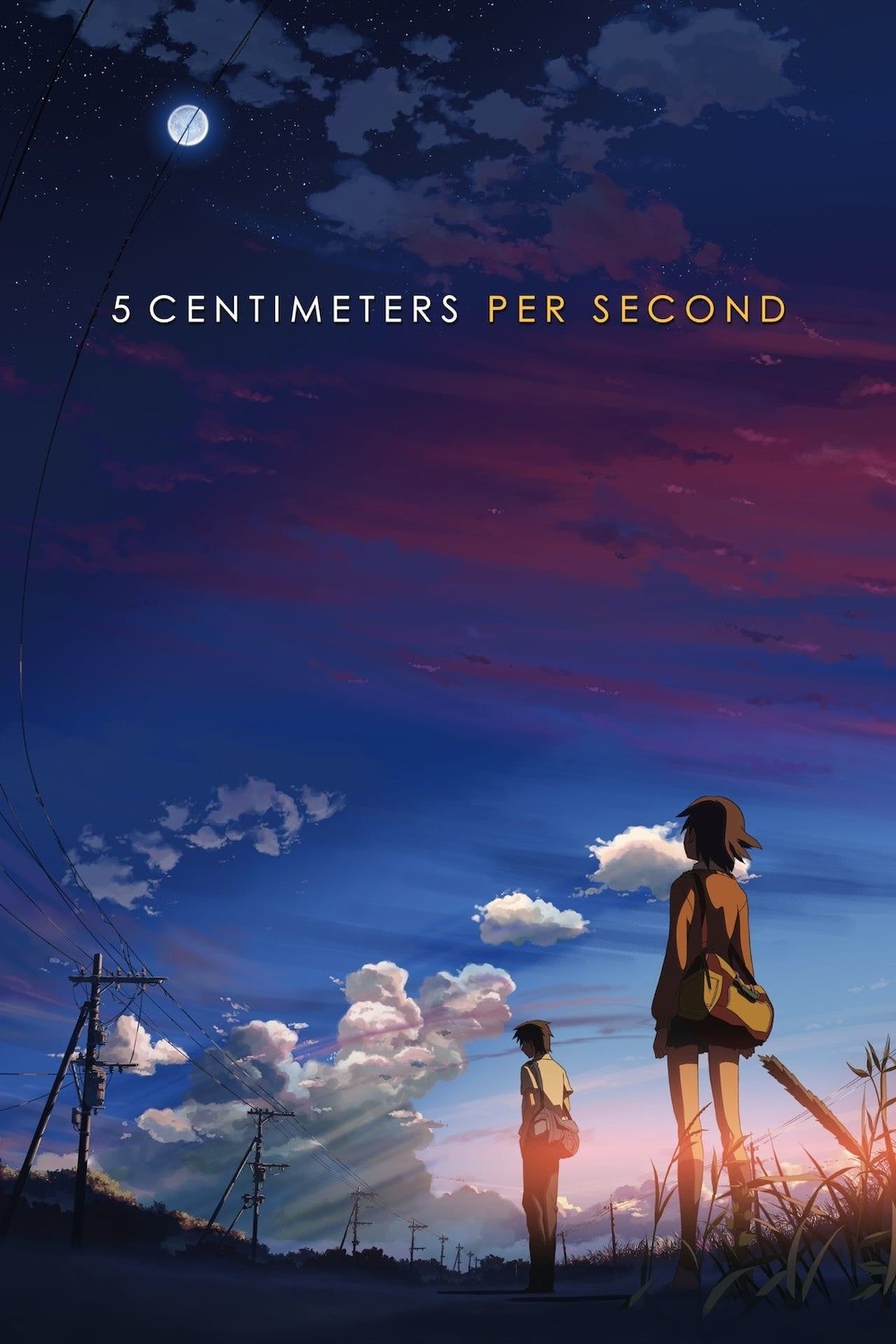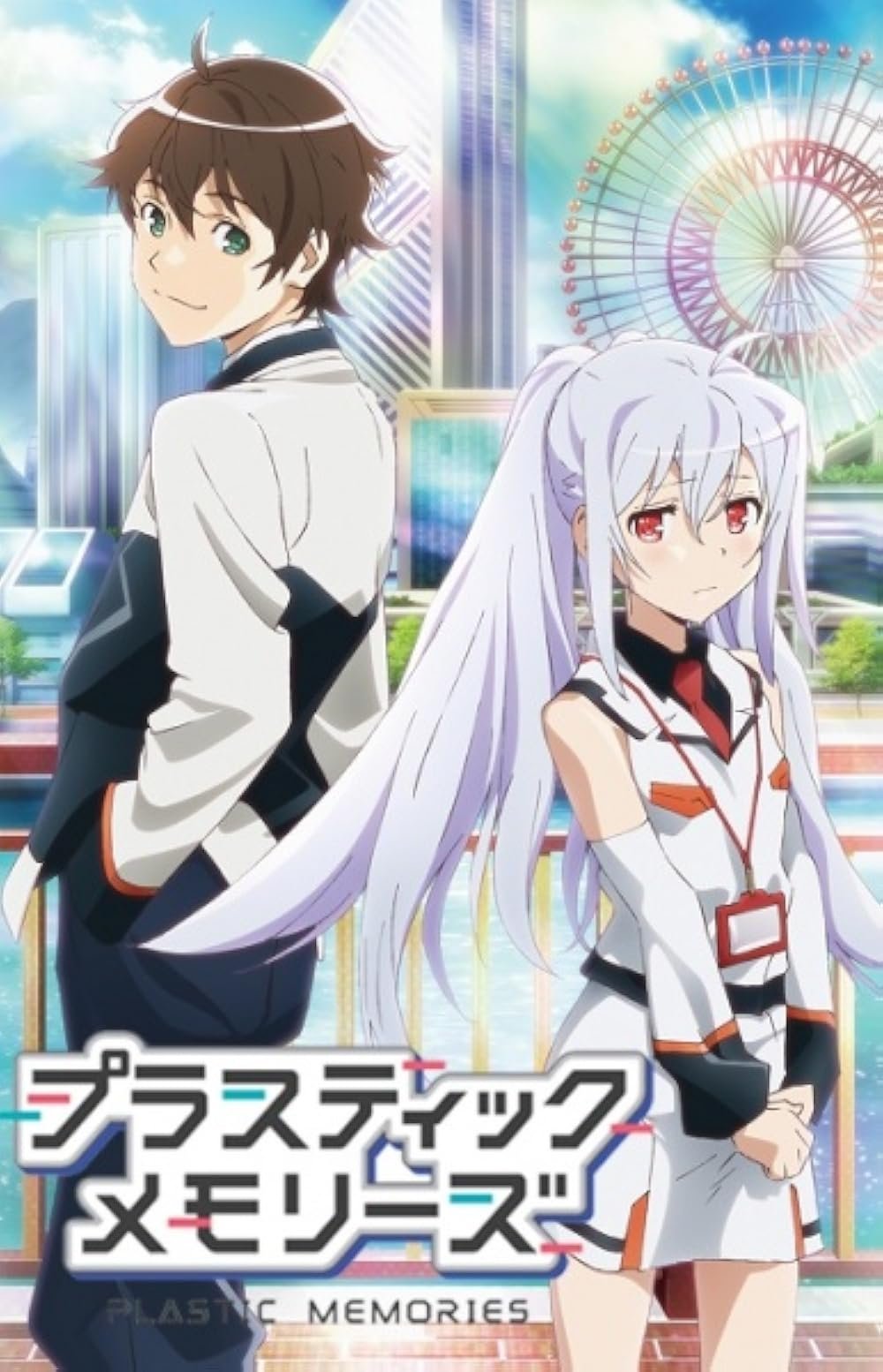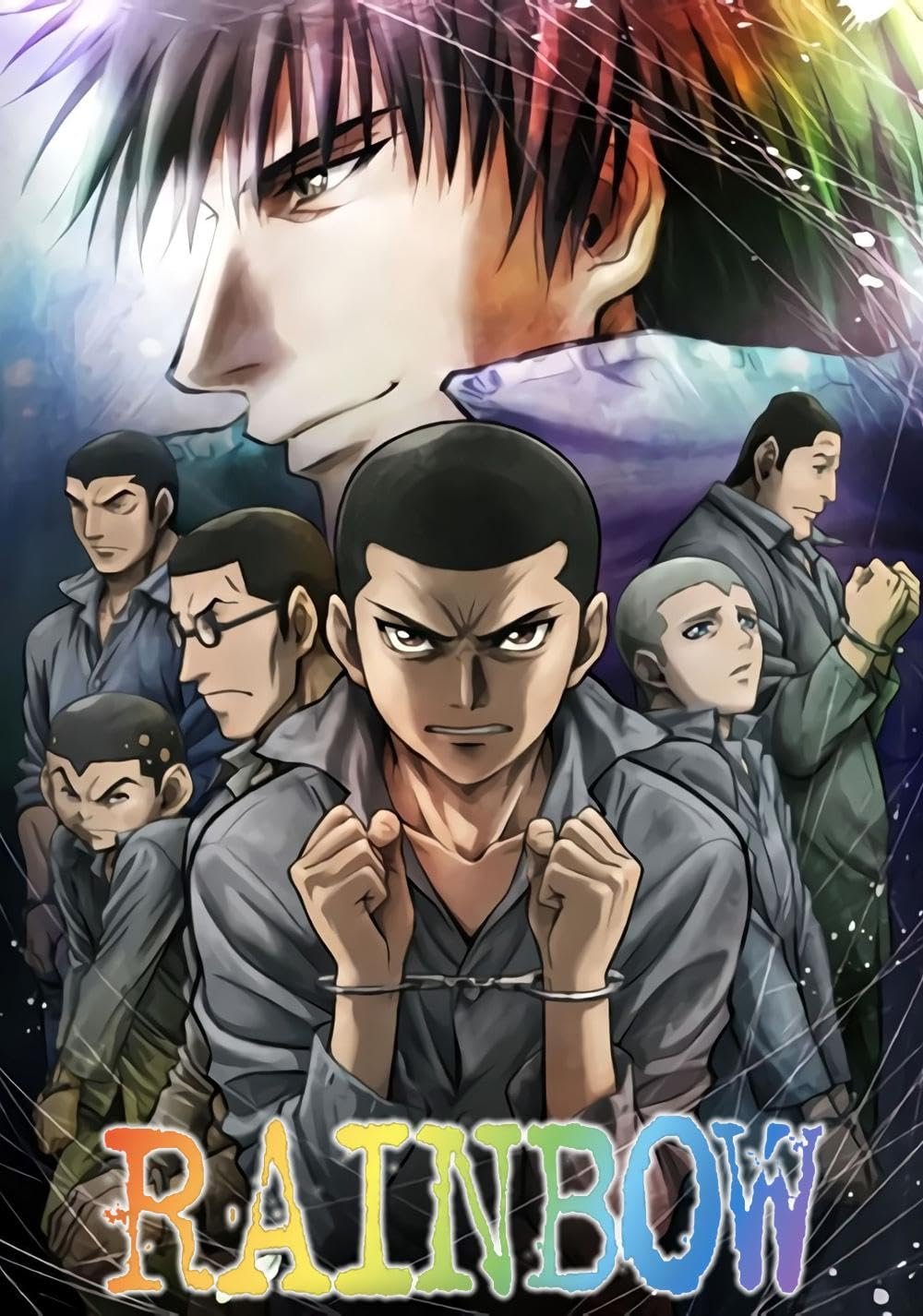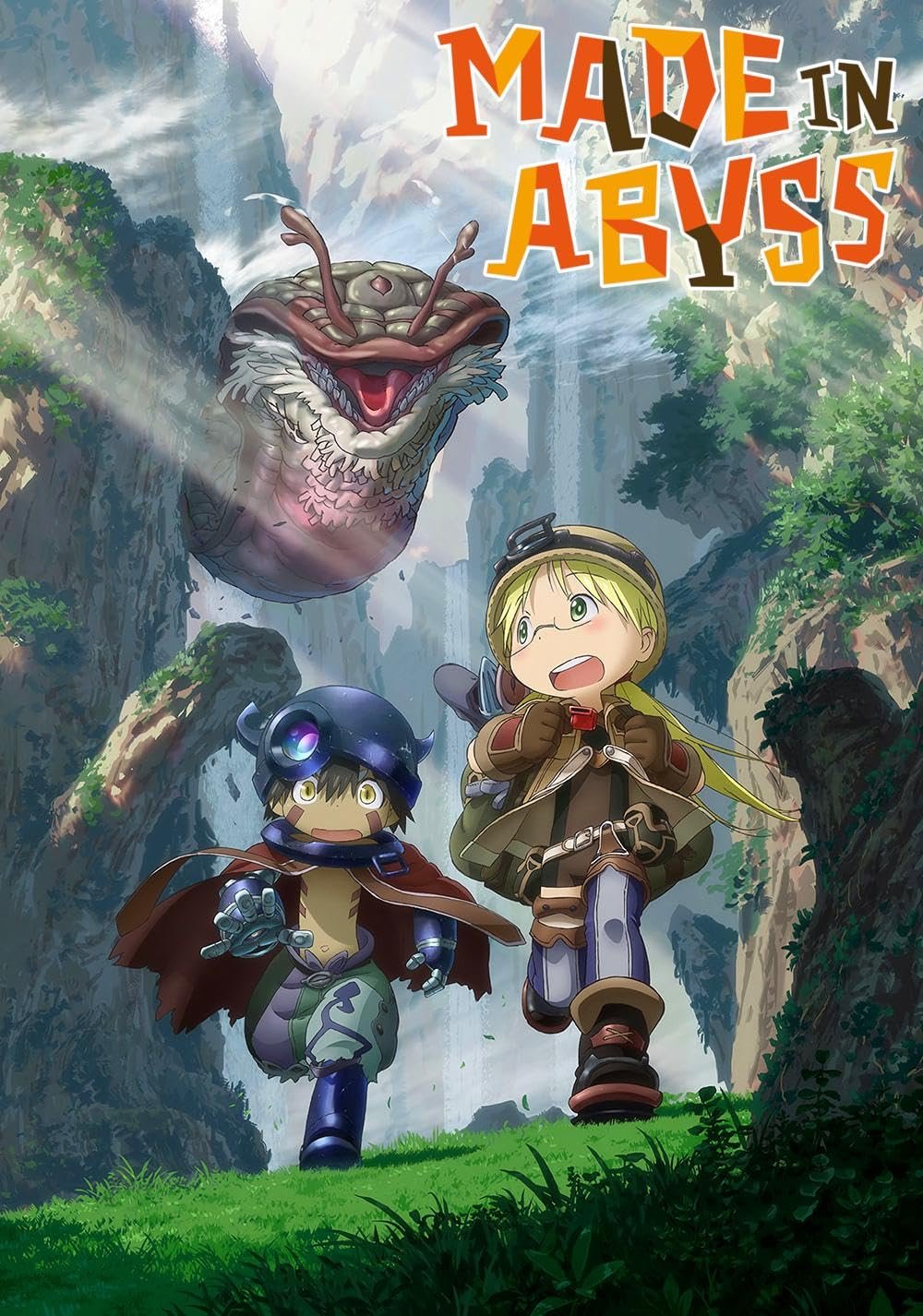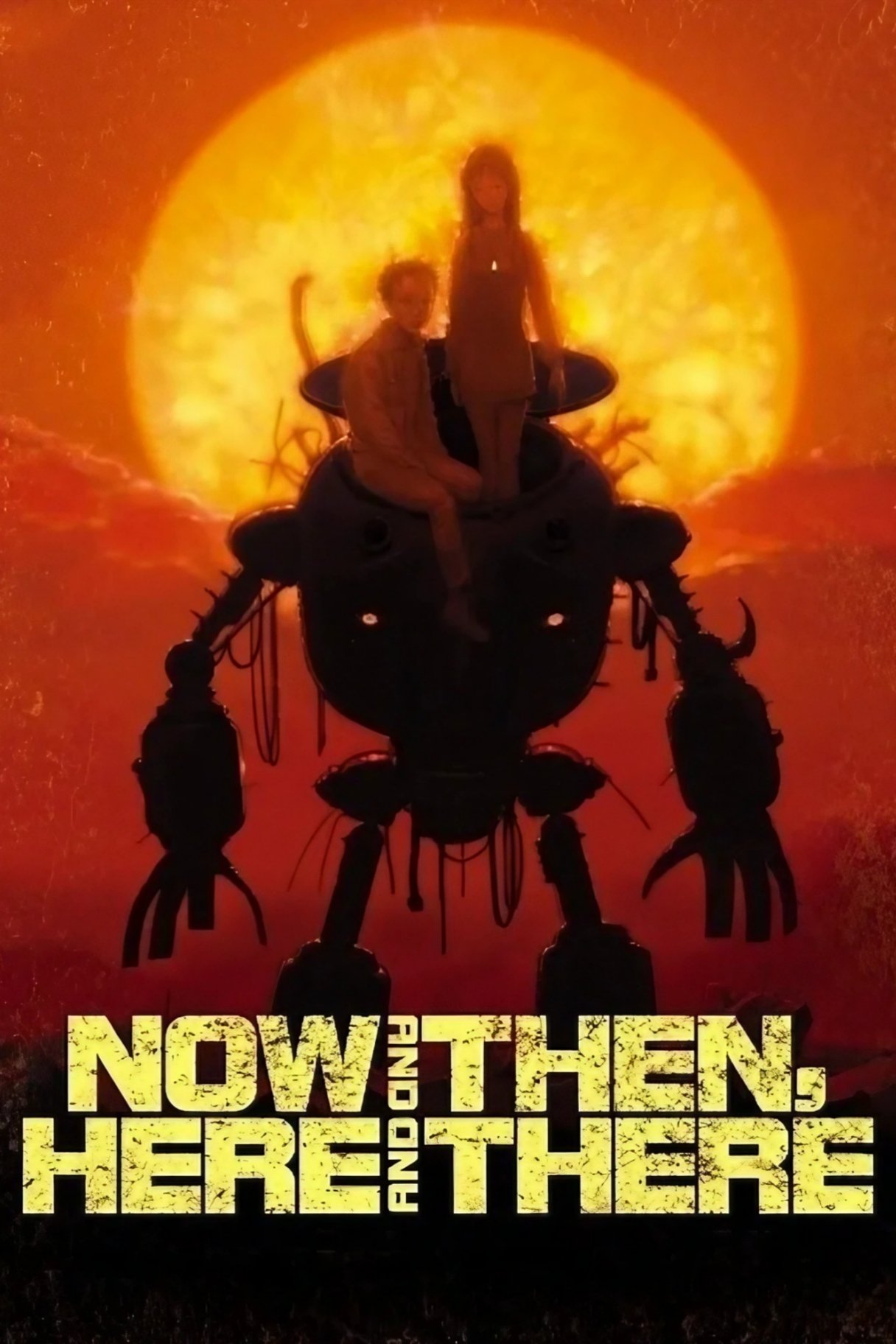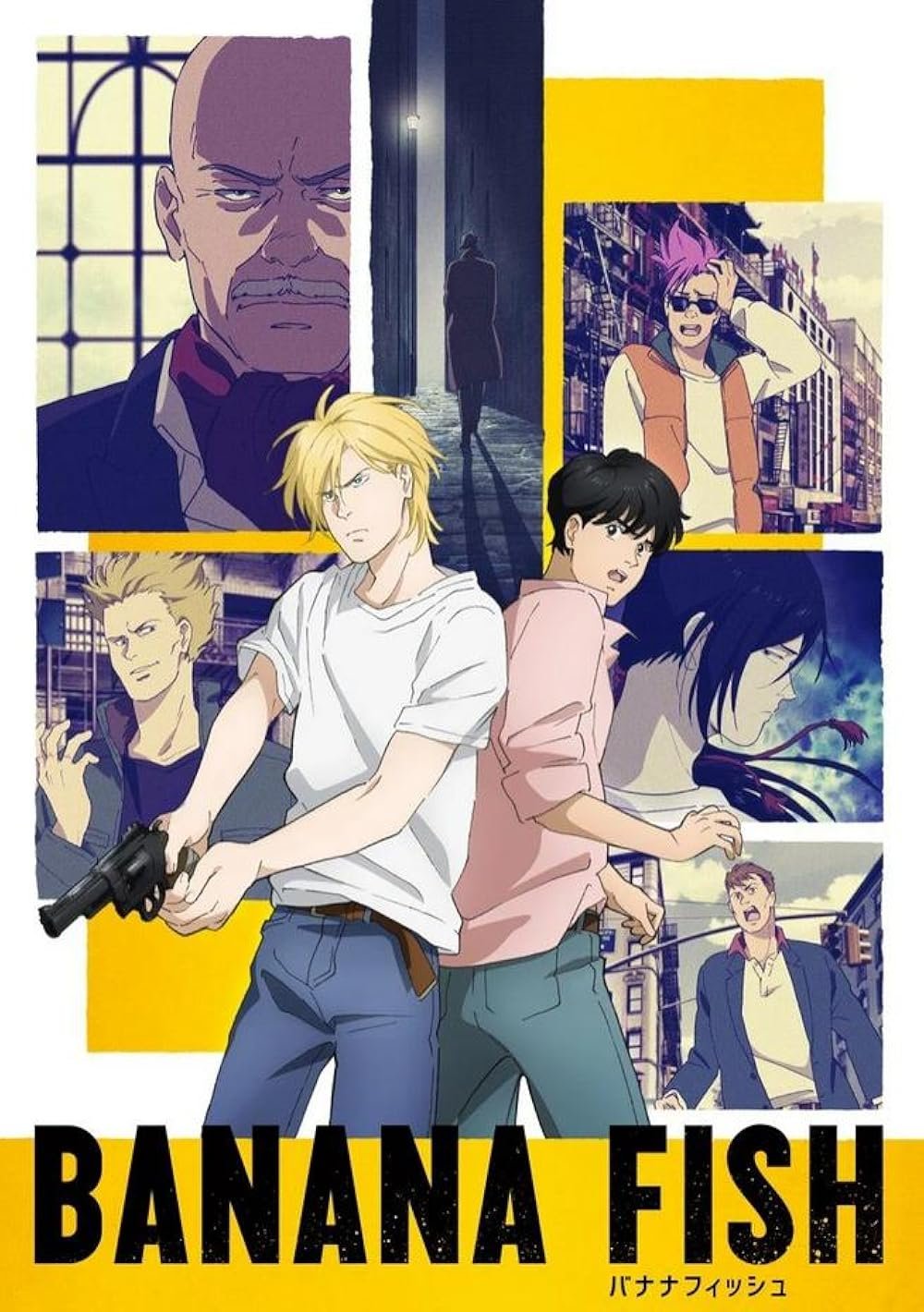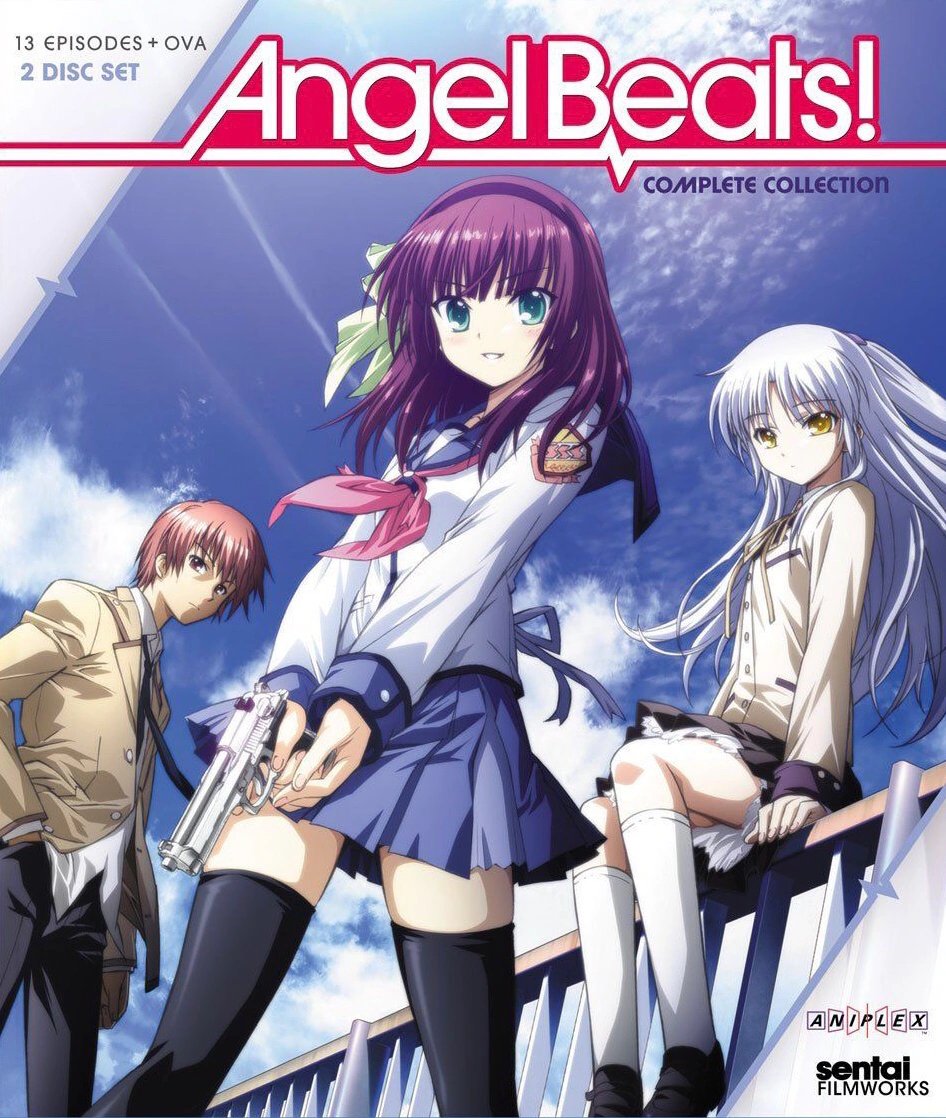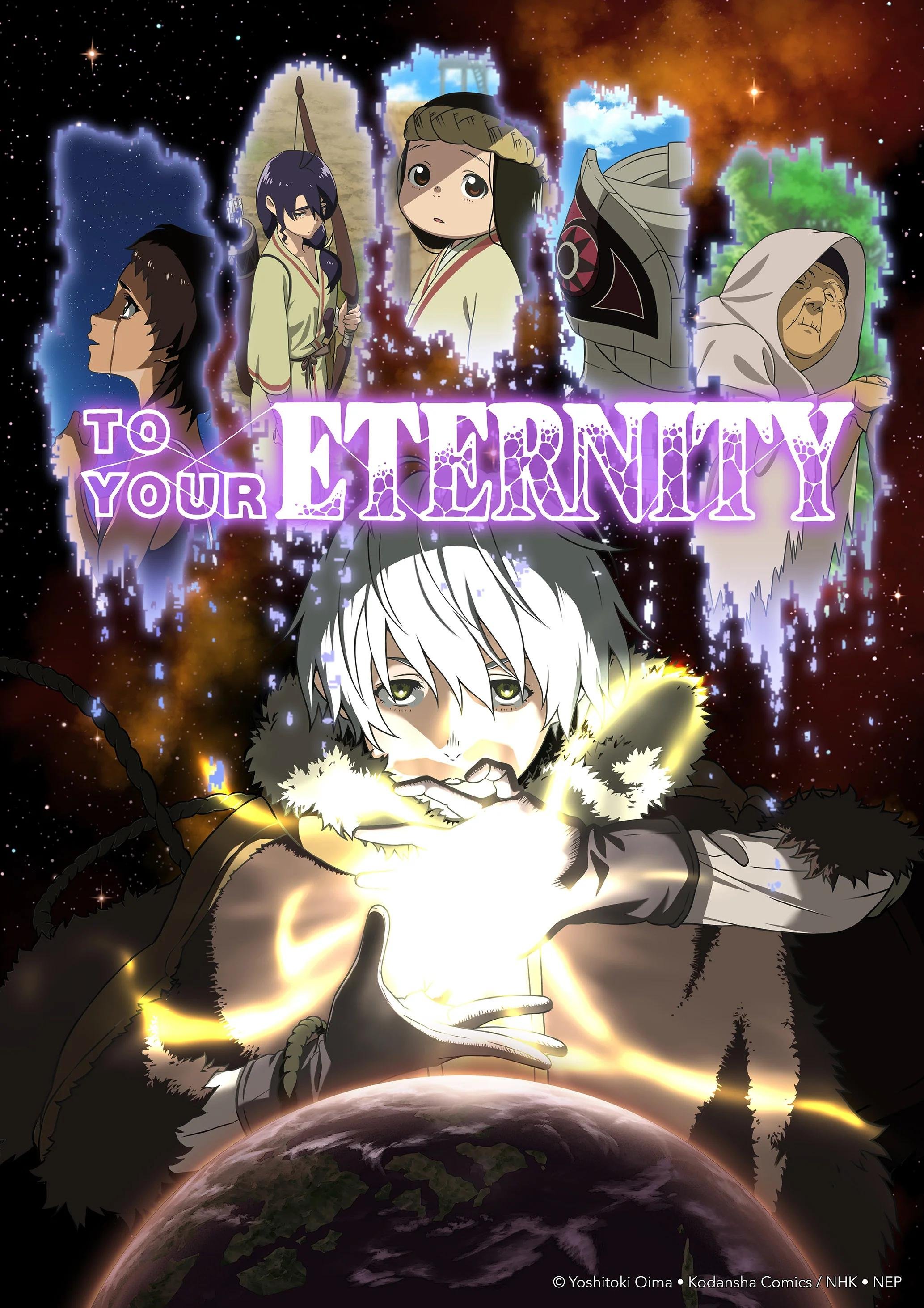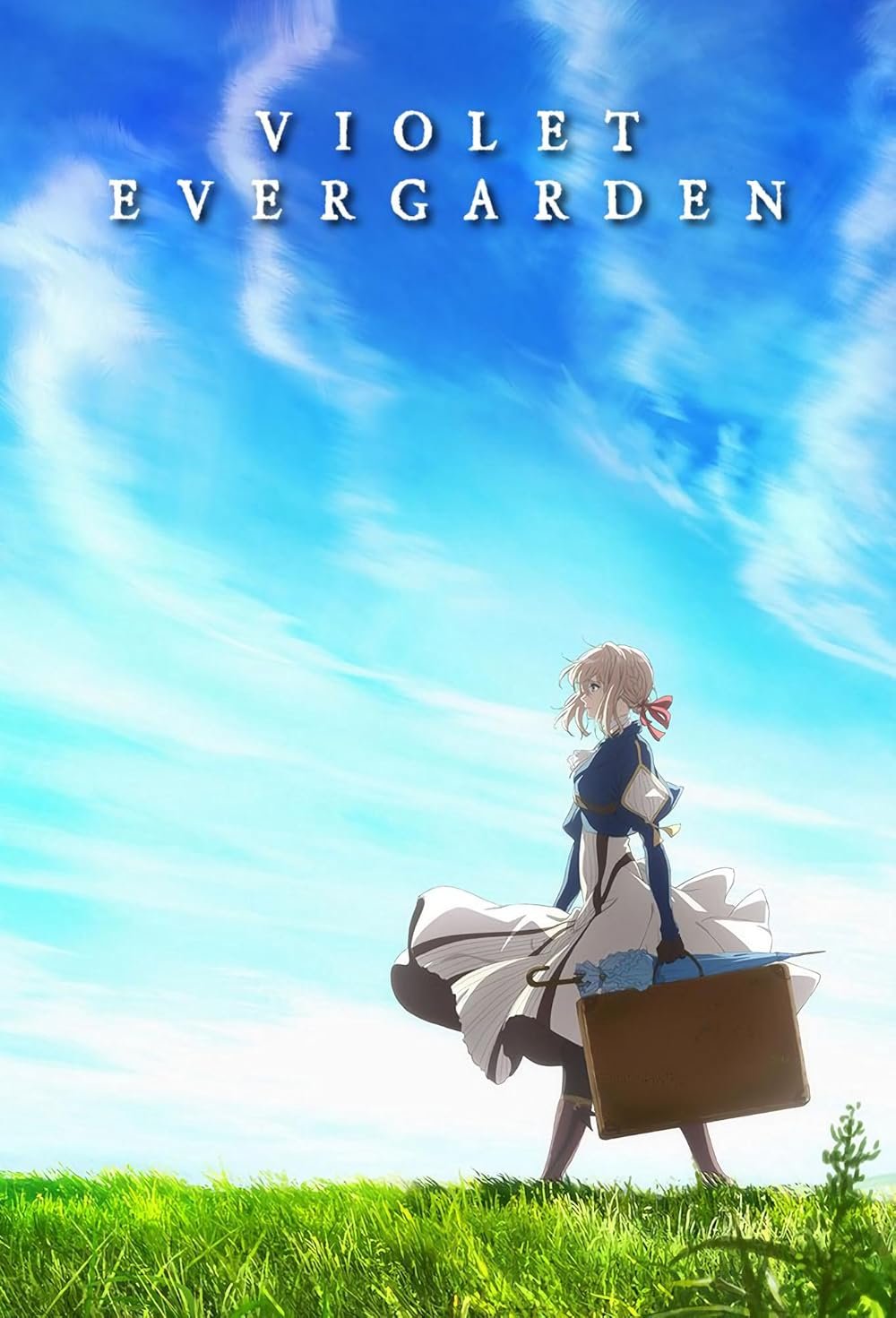The anime below are ranked for how deeply they hit feelings of loss, change and memory. Some hurt because of quiet moments, others for a single scene that stays with you. I kept spoilers light and focused on why each title’s emotional impact lasts long after the credits.
Every pick uses its own tools to draw tears, from gentle slice of life drama to harsh survival stories. Music, pacing and silence matter as much as plot. If you need a breather, take one, because several of these shows and films sit with grief in a very honest way.
#25 Your Name
Makoto Shinkai’s body-swap romance turns into a story about fate and distance. The switch between two teens is fun at first, but a wider twist forces them to fight against forgetting each other.
It is sad not because of constant tragedy, but for how it shows time slipping away from young love. A simple thread bracelet and a note carry more weight than big speeches, which makes the final stretch hit with quiet longing.
Radwimps’ score keeps the heart of the film beating with hope even when the odds are bad. That balance of joy and loss is what makes the last acts feel fragile and real.
#24 Erased
This thriller about a man who can redo moments to fix disasters becomes a fight to save a classmate from abuse and murder. The time slip sends him back to grade school, where small choices carry huge stakes.
The first snowfall scenes are gentle, which makes Kayo’s home life feel even more brutal. The show never lingers on pain for shock, but it shows enough to make her first warm meal a moment of relief.
As the mystery unwinds, the sadness sits in what childhood should have been but was not. A simple lunch and a shared plan mark rare safety and that is why the ending lands with earned tears.
Even when the plot gears turn, the series puts faces and silence first. The cost of saving someone is time you can never get back, which gives every choice real weight and gentle regret.
#23 Fruits Basket (2019)
Behind the cozy surface is a story about trauma, family curses and learning to accept love. Tohru’s kindness is not naive heroism. It is a daily choice to show up, which makes the healing feel earned.
The show gives space to every member of the Sohma family. Their pain is not the same, but each arc carries shame and fear of being unlovable. Watching walls fall is moving because the steps are small and risky.
By the end, tears come from relief more than shock. The series argues that steady care is a kind of bravery and that belief turns simple dinners and festivals into quiet victories.
#22 Cowboy Bebop
Bebop is cool on the surface, yet it is a show about loneliness. Each crew member runs from the past and each finds that time does not heal without facing old wounds.
Spike’s story with Julia and Vicious reads like a worn-out noir. The show saves its hard punches for a few key episodes, where a song and a hallway say more than any speech. The ending’s famous line is a sigh of closure.
“See you, space cowboy.”The words feel easy, but they seal a path set long ago. The beauty of Bebop is how style hides a sad core that never leaves, even after the last note.
Music drives the mood. Yoko Kanno’s tracks turn small scenes into aching moments, letting silence underline loss where guns and ships cannot, which makes the sorrow feel timeless.
#21 Hotarubi no Mori e
This short film builds a tender bond between a girl and a spirit she must never touch. Each summer they meet again and each summer the risk grows with their feelings.
The sadness is simple. A hug is impossible, which makes a hand reach feel like a cliff. By keeping the rules clear, the film turns restraint into heartbreak and quiet into deep tension.
There are no villains to hate. Only timing, rules and youth. That choice keeps the story soft while leaving a heavy sting that lingers after the gentle credits.
#20 Colorful
A lost soul is given a second chance by waking in the body of a teen boy who died by suicide. The film deals with bullying, family strain and hidden shame with a steady, patient tone.
The mystery is not about flashy twists. It asks who we are when no one is watching and whether small kindness can change a set path. The final reveal reframes earlier scenes with painful clarity and quiet mercy.
Colorful refuses easy answers. It shows how a house can be full and still feel empty. The path forward is slow, with slips and stumbles that feel honest rather than neat, which makes the hope feel possible.
The art is understated, letting faces carry the weight of regret. By the end, the most moving thing is not a miracle, but the choice to try again, one small day at a time.
It earns tears by treating teenage pain with respect. The film sees the worst moments without judging and it holds space for grace to return, which is its gentle gift.
#19 Air
Adapted from a visual novel, Air builds a summer dream around a wandering boy and a fragile girl. The story moves between past and present, showing how curses echo through time.
Its sadness comes from fleeting days and a body that cannot keep up with the heart. The seaside light and cicadas make each smile feel temporary. When the tone turns, the fall is quiet but deep.
Air is about endings that arrive early. Even small joys feel like farewell and the final chapters settle into a bittersweet calm that many fans still revisit.
#18 Tokyo Magnitude 8.0
This is a grounded look at a massive earthquake in Tokyo through two siblings and a kind truck driver. It focuses on logistics, waiting and the slow walk home, not spectacle for its own sake.
Because the show feels real, a late reveal lands like a punch. The series earns that twist through small habits and shared promises, which is why the grief feels personal rather than staged drama.
What stays is the human chain of help. Neighbors, nurses and strangers hold the city together with care. That quiet strength makes the final goodbyes all the more tender.
It is one of the rare disaster stories that respects routine. Water, batteries and check-ins become sources of hope and those details shape a lasting memory.
#17 In This Corner of the World
This film follows Suzu, a gentle artist in wartime Hiroshima and Kure, through daily life. It shows cooking, neighbors and small chores as the world closes in, which makes loss feel intimate.
The bombing is not the only source of pain. Scarcity, injuries and guilt pile up in quiet scenes that never turn into loud speeches. When joy appears, it is fragile and earned, which deepens the later ache.
The art style looks soft, but it never hides the cost of war. Sketches become a way to cope, to record, to keep a sense of self and that thread is both comfort and wound.
#16 Wolf Children
A mother raises two kids alone after losing the man she loves and the film treats parenting as quiet heroism. The wolf angle is a lens for the push and pull between safety and freedom.
What makes it sad is not one event but the slow act of letting go. The son and daughter choose different paths and the home that felt full grows still. The empty rooms are a simple, heavy image.
Nature becomes a partner. Farming, storms and seasons mirror the family’s growth and pain. By the last scenes, the mother’s smile carries years of work and a soft, proud ache.
The love here is practical. Fixing leaks, cooking rice, showing up for school. Those plain tasks turn into acts of devotion that make the ending hit with steady truth.
#15 5 Centimeters per Second
This triptych shows a relationship stretched by distance. Trains, phones and missed chances form a pattern that feels too real for big reunions and neat closes, which gives the film its sting.
Snow and cherry blossoms carry time like a clock. The leads grow apart while life moves on, turning what-ifs into regret. The last silent glance is the kind that stays for years.
The music and pacing slow the heart rate to match routine. That choice lets small pauses do the heavy lifting, making each memory feel weighted and each step forward feel late.
#14 Plastic Memories
In a near future, androids with short lifespans must be collected when their time runs out. The team that does this work faces grief again and again, which sets up a romance on a ticking clock.
The show hits hardest when it shows the final visits. Families bargain, deny, or hold on too tight. Each goodbye is a lesson in acceptance that echoes when the main couple faces the same limit.
It hurts because the rules are clear. No miracle patch, no secret fix. Love happens anyway, which turns small dates and cheap sweets into keepsakes before they are gone, an hour at a time.
The office parts matter too. Coworkers share snacks and bad jokes to keep going. That ordinary support gives the sad parts a human anchor and a hint of comfort.
Also Read
10 phrases that sound supportive but are actually a subtle sign of manipulation
The ending is not loud. It is careful and steady, like the series as a whole. That restraint keeps the focus on memory and what remains after the last smile.
#13 Rainbow: Nisha Rokubou no Shichinin
Set after the war, this series follows seven boys in a harsh reform school where abuse is routine and hope is scarce. The bond they build is the only thing keeping them upright.
The cruelty is not stylized. It is systematic and dull, which makes small kindness shine. A shared cigarette, a letter, a promise to meet again carry huge weight against a world that will not bend.
When the story moves past the facility, life is still unfair. Jobs vanish, dreams shrink, friends fall. What lasts is their vow to protect one another, a stubborn, tender form of hope that feels hard-won.
Also Read
10 Phrases That Sound Supportive But Are Actually a Subtle Sign of Manipulation
#12 Made in Abyss
The Abyss looks like an adventure map, but every layer demands a price. The show mixes wonder with body horror, then asks how far a child should go to chase a lost parent.
Its saddest scenes are not accidents. They are the logic of a world that rewards knowledge with pain. The bond between Riko and Reg is warm, which makes the injuries and choices feel shocking and deeply human.
The series also pauses for quiet grief. Side characters get full lives in minutes, then lose them to the Abyss’s rules. That whiplash leaves a lasting scar and a strange, awful wonder.
Music and sound design carry much of the weight. A soft choir over a cruel scene is a contrast the show uses well, turning beauty into a form of pain.
Also Read
People With Low Emotional Intelligence Often Miss These 6 Social Cues
#11 Now and Then, Here and There
A cheerful boy is dragged into a dying world ruled by a tyrant. He keeps his simple kindness in a place that crushes it and that refusal becomes the show’s hardest-fought hope.
The series deals with child soldiers, water scarcity and abuse with stark honesty. It never feels like shock for shock. It points to systems that break people, then shows small, stubborn mercy anyway, which hurts and heals.
Few shows make innocence feel this fragile. When someone smiles, it is a miracle. The final choice costs a lot, which is why the last light feels real and still bittersweet years later.
#10 Banana Fish
Set in New York, this crime drama follows Ash and Eiji through gangs, corruption and the fallout of a secret drug. Their bond gives the story its heart, even as violence closes in from every side.
Also Read
8 Weird Habits You Don’t Realize You Have From Growing Up In A “We Can’t Afford It” Household
The show is sad because tenderness keeps meeting danger. A simple photo, a shared meal, a letter written in plain words become priceless treasures when the city refuses to let them be safe.
The ending honors who they were to each other without false fixes. It hurts, but it also seals a memory of love that feels honest to the world the story built, which is why it still echoes.
Action scenes move fast, but the aftermath lingers. The series makes room for grief, which turns a stylized crime plot into a personal, aching tale of two boys trying to live, not just survive.
#9 Angel Beats!
Set in a school for the recently dead, this series mixes comedy with regret. Each student needs to face an unfinished wish before moving on and those reveals carry the real weight.
Also Read
10 Phrases That Sound Supportive But Are Actually A Subtle Sign Of Manipulation
The music club, the cafeteria raids, the jokes about rules make the later scenes feel sharper. Laughter drops out and a single backstory can level a whole episode with a simple, direct truth.
The final roll call is one of anime’s great farewells. It is gentle, not flashy and it respects how long it takes to accept closure. That patience is why it hits so hard.
#8 To Your Eternity
An immortal being learns by imitating people it meets, which turns every friendship into a future loss. The show repeats this pattern with new faces, letting growth carry a built-in grief.
It is sad because the lead remembers everything. Each new word or craft is a gift and a curse. When a friend is gone, their skills live on as echoes and those echoes are both comfort and wound.
Also Read
8 Cringey Phrases Older Relatives Use at Family Dinners That Younger Guests Dread
Villains are not always the point. Time is. Seasons pass, people age and the immortal keeps walking. That march makes small fireside talks feel precious because they will end and the ending will teach.
The series uses repetition to build meaning. The same gesture years later means something new, which gives the story a quiet, circular rhythm that many find deeply moving.
When it hurts, it does so with kindness. Goodbyes are not speeches. They are hands held and promises kept, which is why the tears feel earned rather than forced melodrama.
#7 Violet Evergarden
Violet writes letters for others while learning what love means. Each client brings a new life, a new pain and the series treats every story with patient, careful attention.
precious